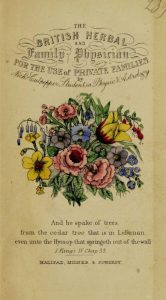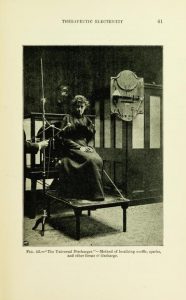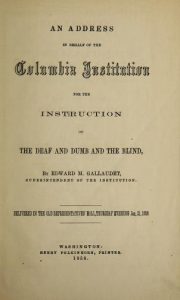~Post courtesy Melissa Grafe.
Looking for funds to research at Yale’s Medical Historical Library? The Medical Historical Library of the Harvey Cushing/John Hay Whitney Medical Library at Yale University is pleased to announce its twelfth annual Ferenc Gyorgyey Research Travel Award.
The Medical Historical Library, located in New Haven, Connecticut, holds one of the country’s largest collections of rare medical books, journals, prints, photographs, and pamphlets. Special strengths are the works of Hippocrates, Galen, Vesalius, Boyle, Harvey, Culpeper, Priestley, and S. Weir Mitchell, and works on anatomy, anesthesia, and smallpox inoculation and vaccination. The Library owns over fifty medieval and renaissance manuscripts, Arabic and Persian manuscripts, and over 300 medical incunabula. The notable Clements C. Fry Collection of Prints and Drawings has over 2,500 fine prints, drawings, and posters from the 15th century to the present on medical subjects. The larger Prints, Posters and Drawings collection contains over 7,000 additional images, some related to international public health, protest and activism and social justice. The Library also owns an extensive Smoking and tobacco advertising collection, the Robert Bogdan collection of Disability photographs and postcards, medical imagery from popular publications donated by Bert Hansen, and smaller collections of patent medicine ephemera from noted collector William Helfand.
The 2019-2020 travel grant is available to historians and other faculty, medical practitioners, graduate students, and other researchers who wish to use the collections of the Medical Historical Library. There is a single award of up to $1,500 for one week of research during the academic fiscal year July 1, 2019 – June 30, 2020. Funds may be used for transportation, housing, food, and photographic reproductions. The award is limited to residents of the United States and Canada.
Applicants will need to apply through our fellowship site, and upload a curriculum vitae and project description, including the relevance of the Medical Historical Library collections to the project, as well as provide two references attesting to the particular project. Preference will be given to applicants beyond commuting distance to the Medical Historical Library. This award is for use of Medical Historical special collections and is not intended for primary use of special collections in other libraries at Yale. Applications are due by Monday, APRIL 29TH, 2019. They will be considered by a committee and the candidates will be informed by early June 2019. Winners may be asked to do a blog post discussing their research.
The application period is now open! Please apply online by April 29th, 2019.
Requests for further information should be sent to:
Melissa Grafe, Ph.D
Head of the Medical Historical Library and John R. Bumstead Librarian for Medical History
Harvey Cushing/John Hay Whitney Medical Library
Yale University
P.O. Box 208014
New Haven, CT 06520-8014
Telephone: 203- 785-4354
Fax: 203-785-5636
E-mail: melissa.grafe@yale.edu
Additional information about the Library and its collections may be found at: https://library.medicine.yale.edu/historical






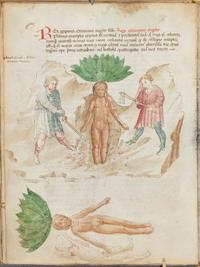

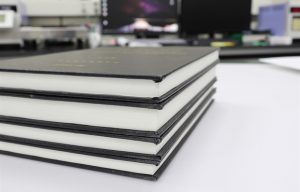 ~This story is courtesy Jenny Blair and
~This story is courtesy Jenny Blair and 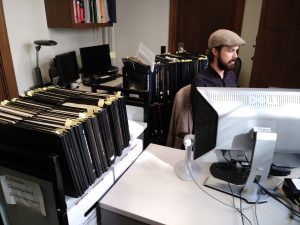
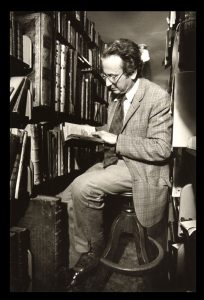 ~This post is courtesy Melissa Grafe, Head of the Harvey Cushing/John Hay Whitney Medical Historical Library at Yale University.
~This post is courtesy Melissa Grafe, Head of the Harvey Cushing/John Hay Whitney Medical Historical Library at Yale University.